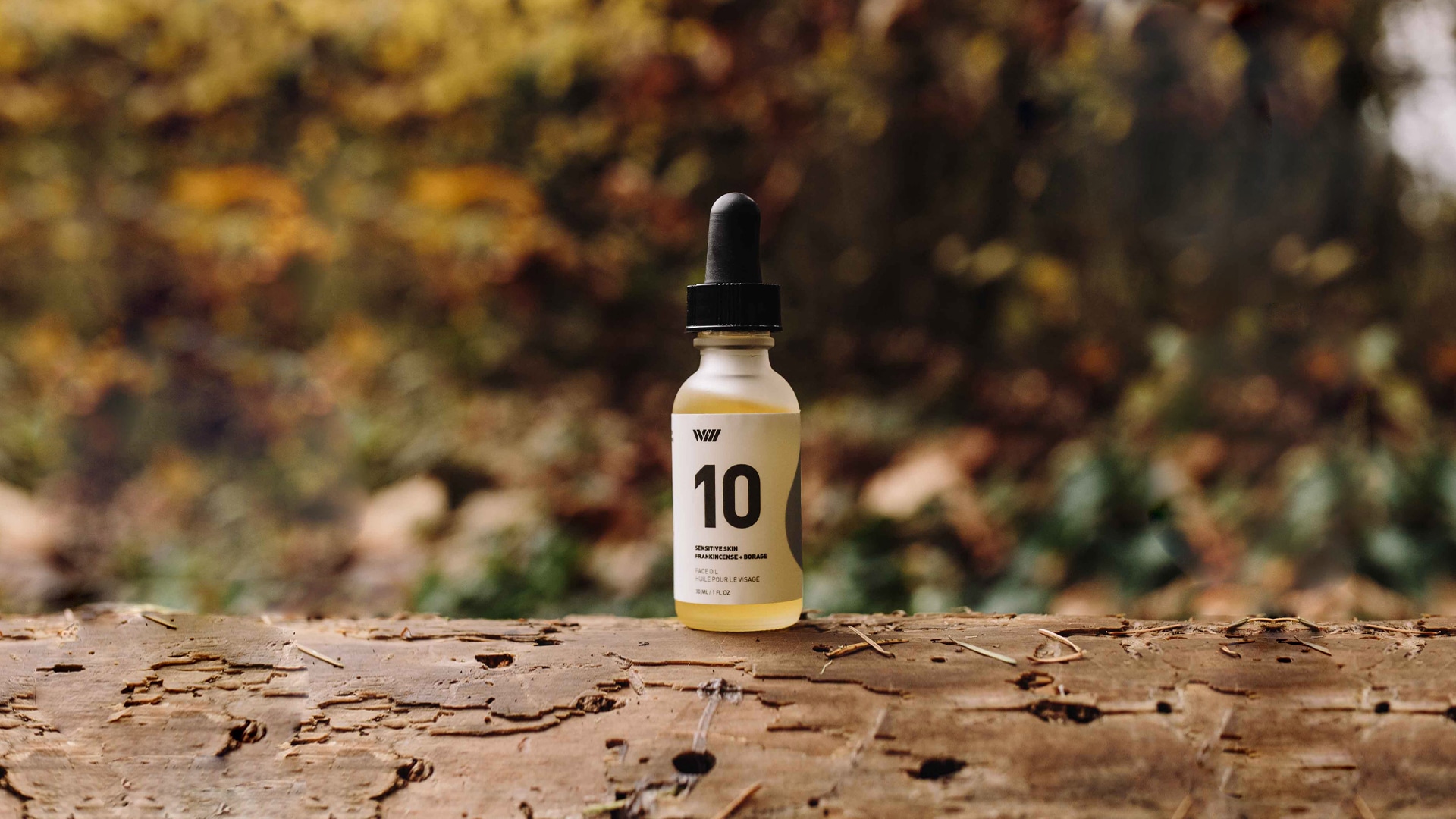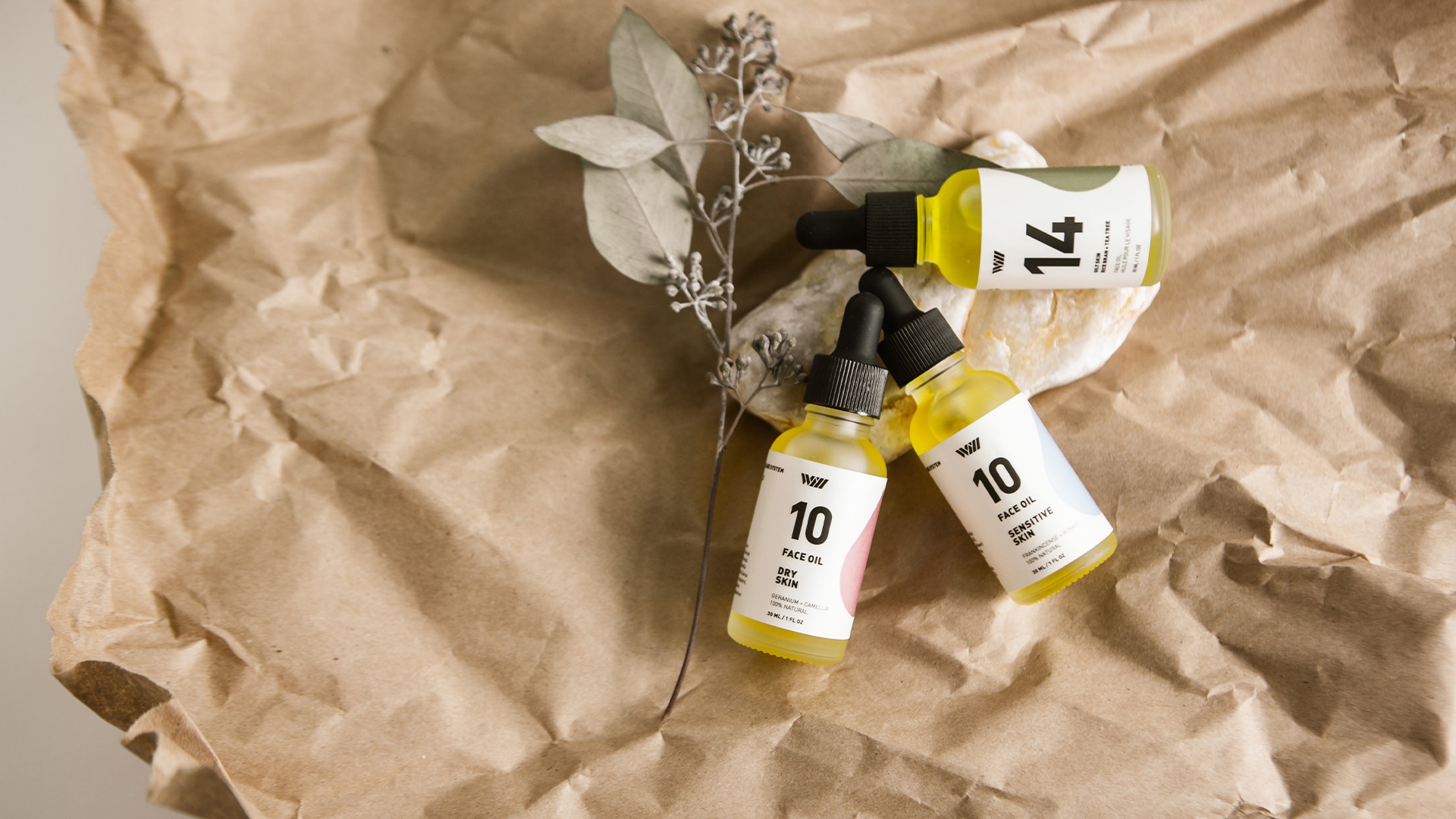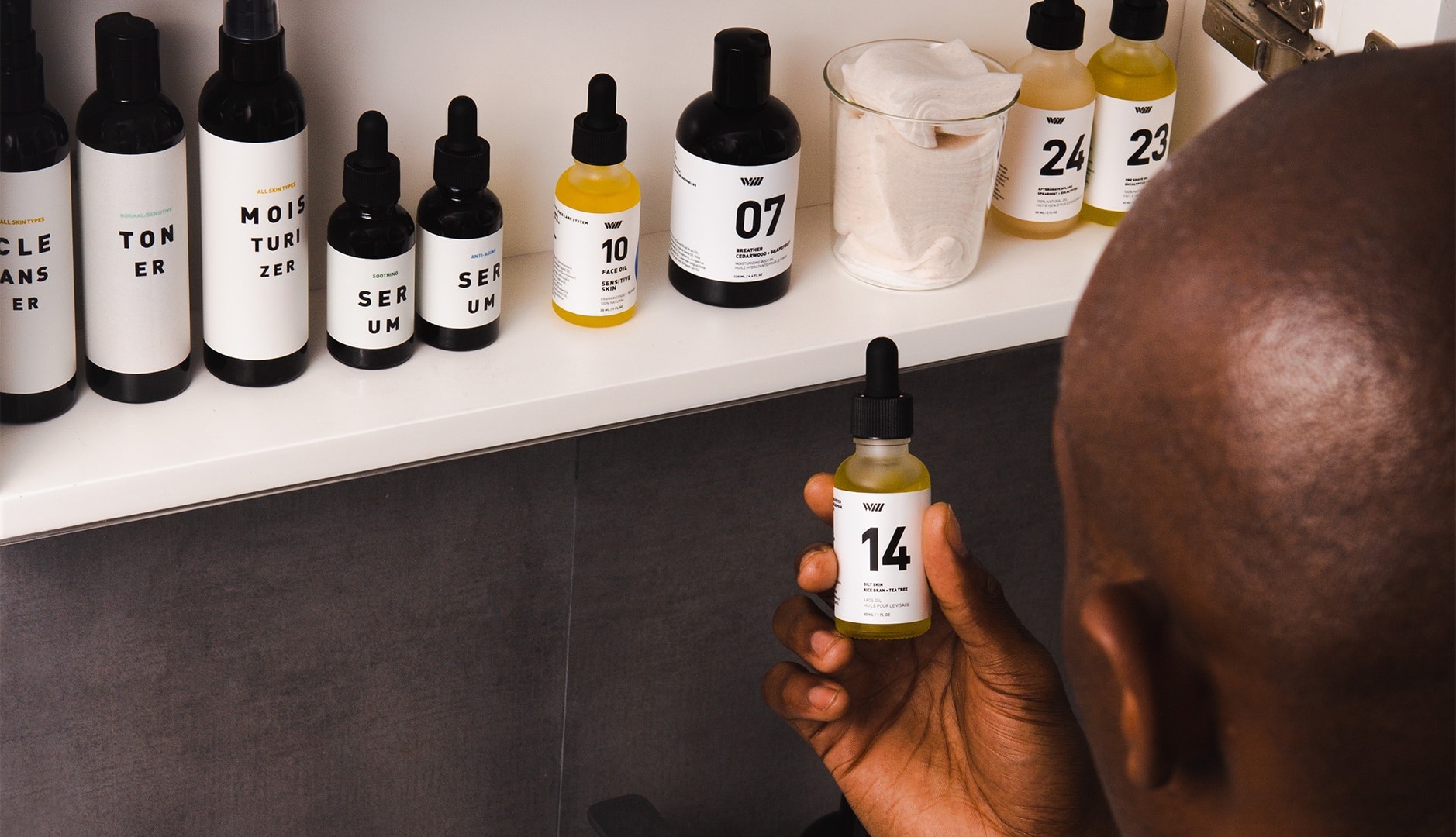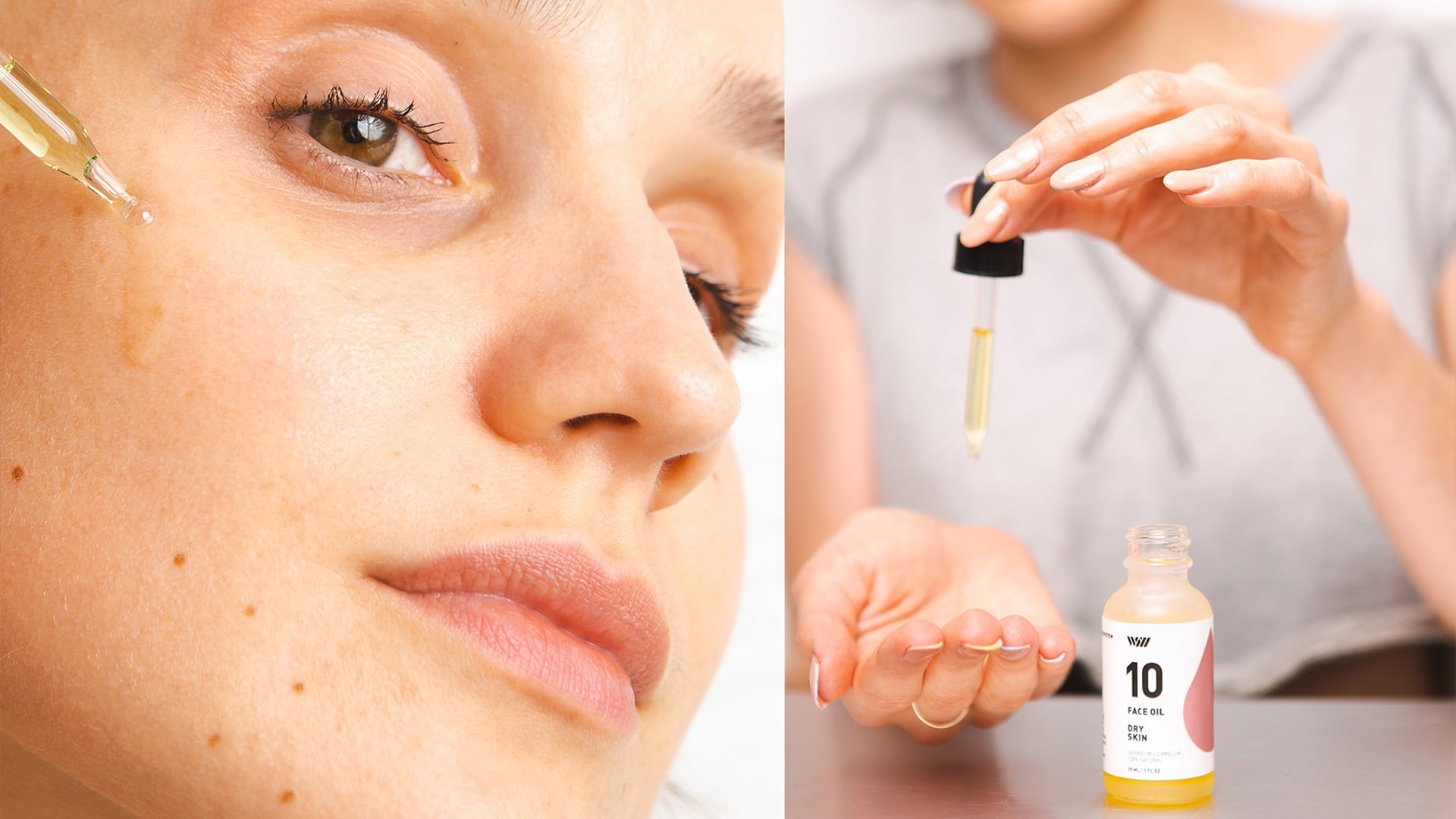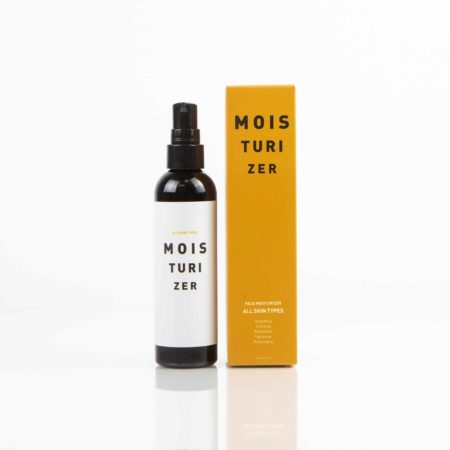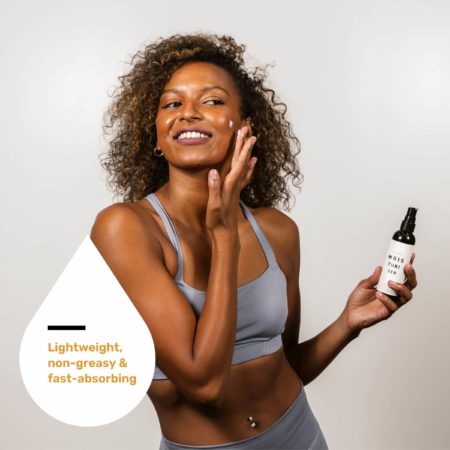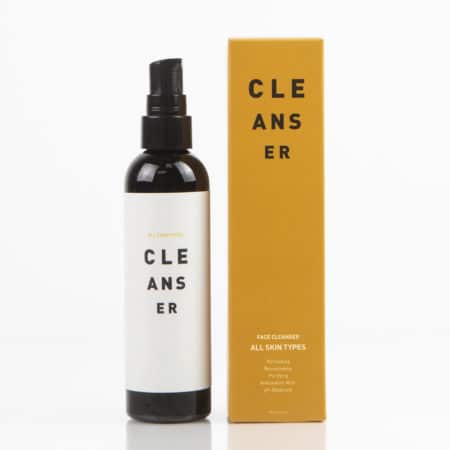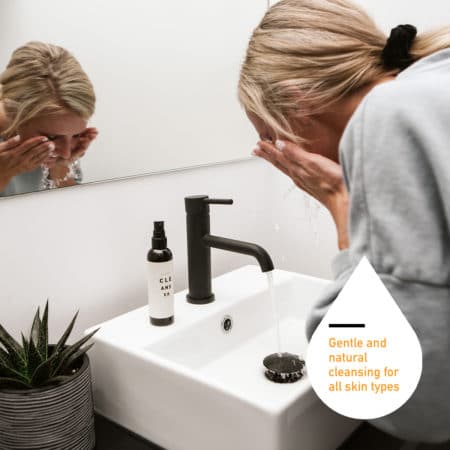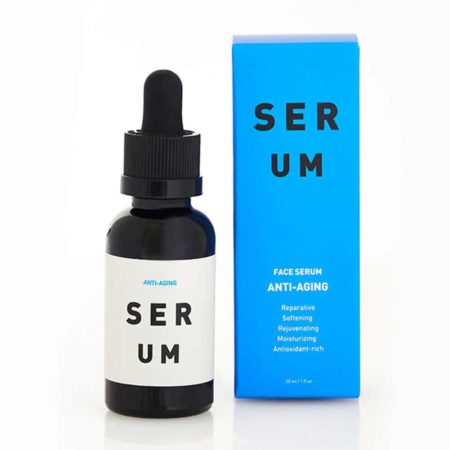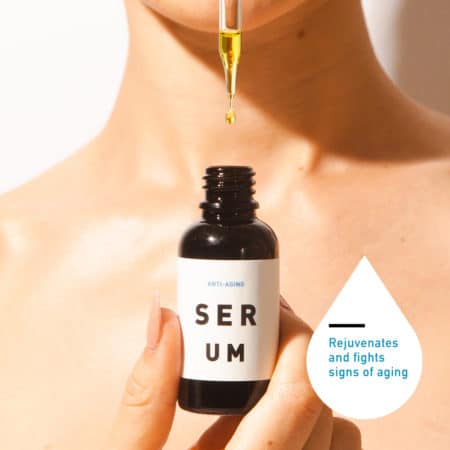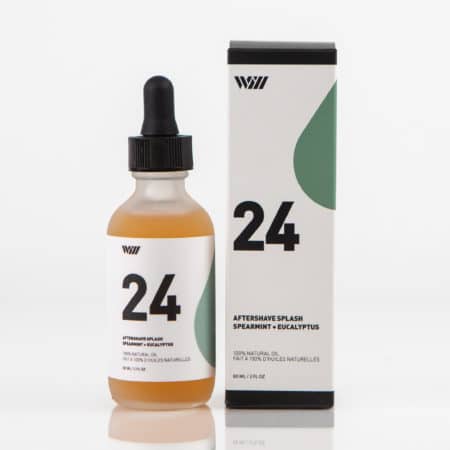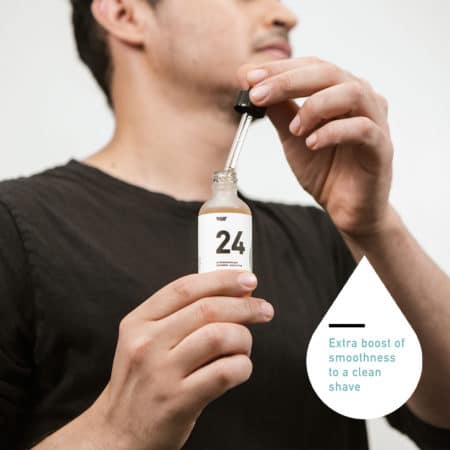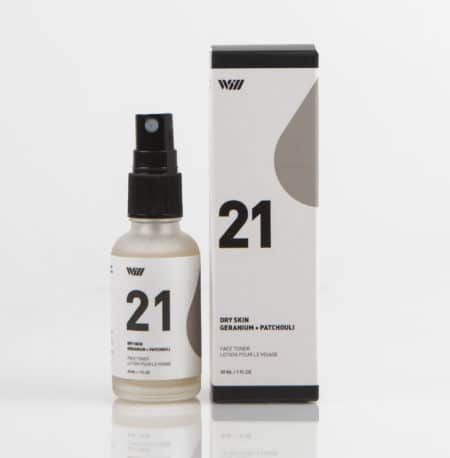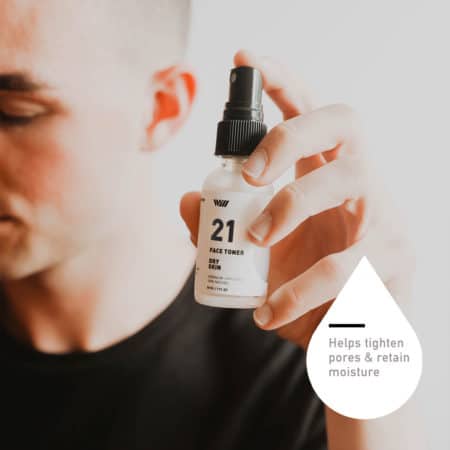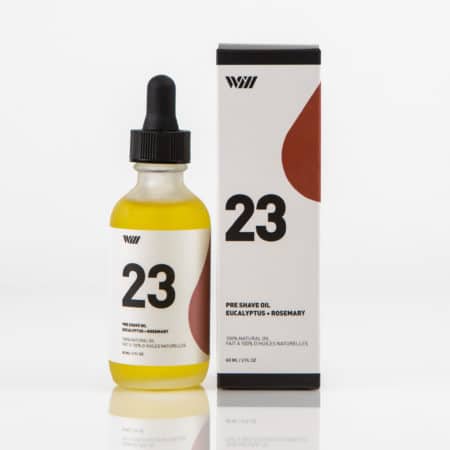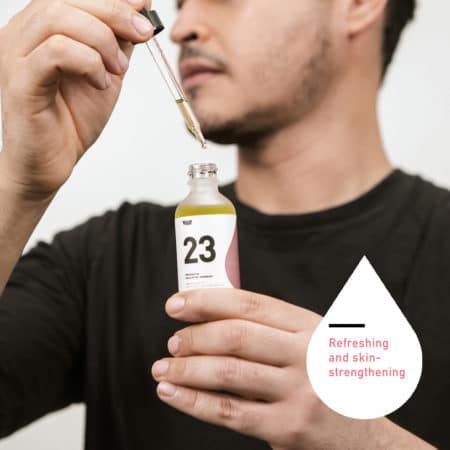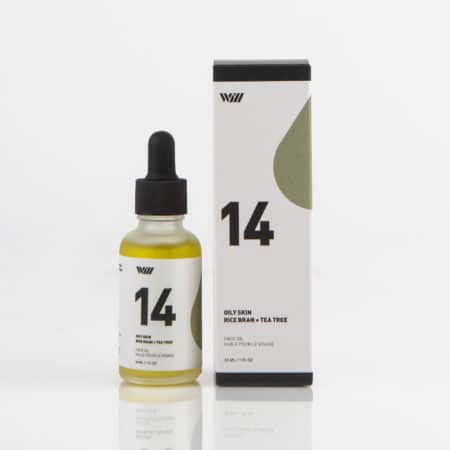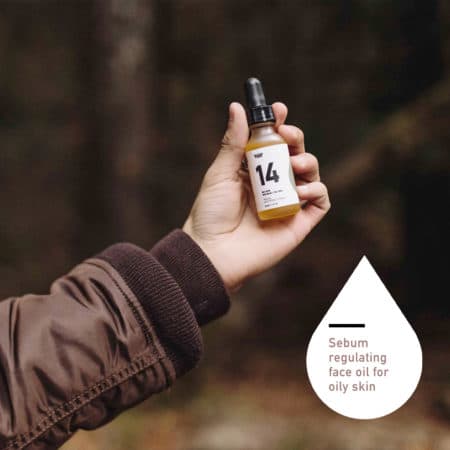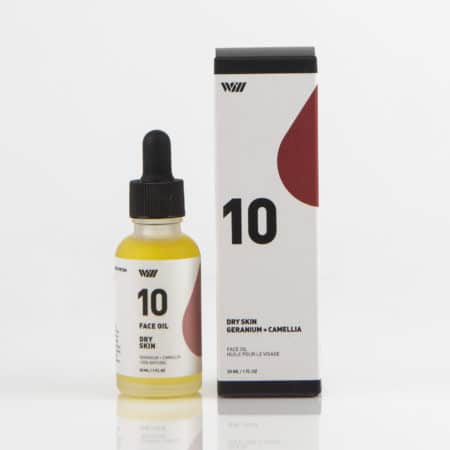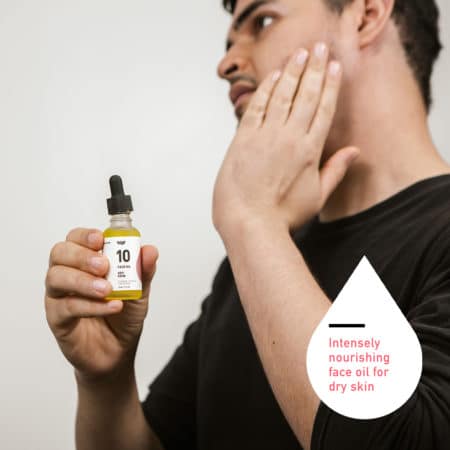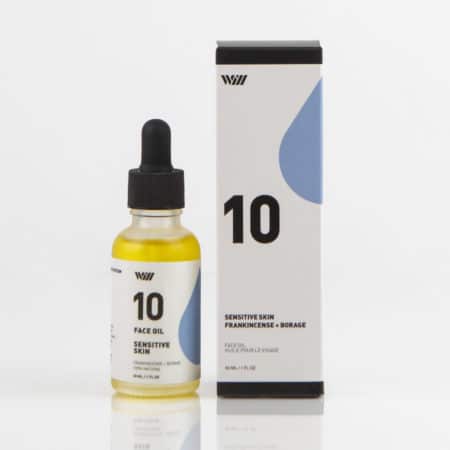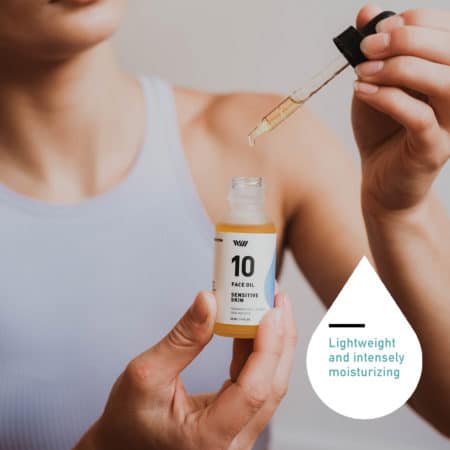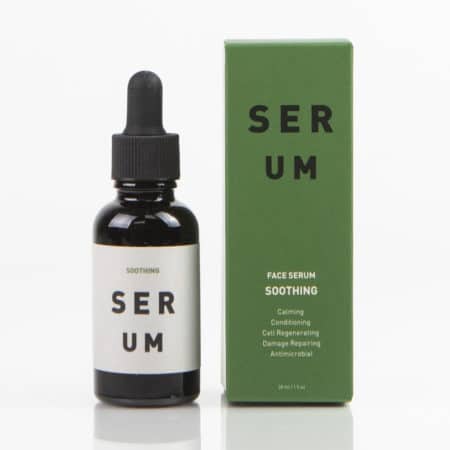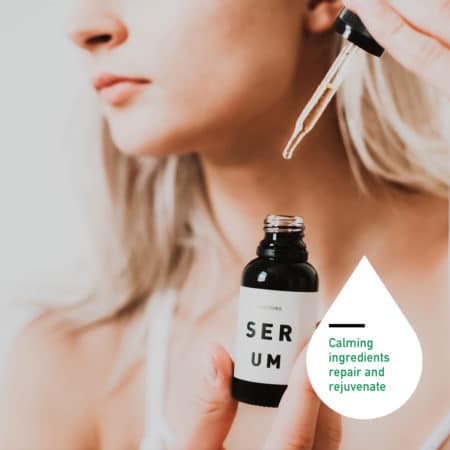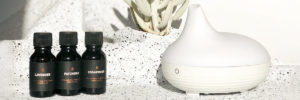You’ve heard about the benefits of an oil-based skin care routine — things like, increased moisture and elasticity, or even glowing, healthy skin free of the blackheads and irritation caused by harsh, synthetic ingredients. But, these benefits can sound too good to be true.
Can putting oil on your face really improve its appearance? Or will adding oil to your skin actually cause breakouts?
Certainly, oil-based skin care may not be for everyone, but most people can use it without breaking out. The key is making sure you use nourishing, non-comedogenic oils in your daily routine.
What Does Non-Comedogenic Mean?
The word “comedogenic” means that it tends to cause blackheads, breakouts, or irritation to the skin. Because the skin on your face, neck, and chest is thinner than on the rest of your body, facial skin needs to be treated differently from other skin. The products you use on your legs to keep them soft and supple may be too pore-clogging for your face.
Non-comedogenic oils have properties that make them less likely to cause breakouts. While it is still possible that any oil will make the skin on your face react, non-comedogenic oils are the best place to start.
The comedogenic level of an oil (or how much it clogs pores) is measured with a rating system. Oils used in skin and health products are rated on a scale of 0-5. The higher the number, the more likely the oil is to clog your pores. Oils that earn a comedogenic rating of two or lower are considered non-comedogenic. So, to help prevent a breakout, choose skin care oils that have a rating of two or lower. We’ll go over your options below.
The Benefits of Non-Comedogenic Oils in Skin Care
Despite marketing from a few decades ago that said otherwise, oils are good for your skin. As we age, our skin loses some of its elasticity and moisture, causing us to look older. Oil is lipophilic, which means it traps moisture. When we use oils on our skin, the moisture we have stays in the skin, making our skin healthier and more supple.
At the same time, the oil can prevent harmful chemicals and toxins in our environment from reaching the inner layers of our skin, creating another barrier of protection, according to scientific research published in the International Journal of Molecular Sciences.
When you choose the right non-comedogenic oil for your face, you support your skin. You can have more balanced, glowing skin and reduce the appearance of fine lines and wrinkles.
Best Non-Comedogenic Oils and Their Benefits
Ready to try face oils? Here are some of the most popular types of non-comedogenic oils to use in your facial skin care routine.
Grapeseed Oil
Grapeseed oil may minimize breakouts and help oily skin become more balanced.
Hemp Seed Oil
Hemp seed oil is packed full of omega-6 and omega-3 fatty acids. Those essential fatty acids may help soothe skin — even if you struggle with eczema or psoriasis, according to a study originally published in the Pharmacognosy Review.
Jojoba Oil
Jojoba oil is typically a good choice for a face skin oil. Not only is it non-comedogenic, according to research from the journal Polymers, it shows promise for having natural skin-soothing properties.
Rosehip Seed Oil
Rosehip seed oil contains lycopene. Yep, the same lycopene that’s in tomatoes! Because of the lycopene, using rosehip seed oil in your skin care routine may help ward off free radicals. Free radicals are cells damaged by environmental toxins. They cause inflammation and other signs of aging on our skin. The oil may also help reduce the appearance of hyperpigmentation and discoloration from scar tissue because of its ability to help brighten skin.
Argan Oil
Argan oil is high in antioxidants. These antioxidants can help protect your skin from sun damage and other free radicals. It may even help reduce the appearance of hyperpigmentation because it can limit the production of melanin in some cases.
Evening Primrose Oil
Evening primrose oil contains high levels of linolenic oil. This non-comedogenic oil helps support the skin barrier, which means your skin may feel more hydrated and supple.
Sunflower Oil
Sunflower oil is non-comedogenic and works as a carrier oil for essential oils so you can enjoy more of the benefits of essential oils. Because of their high potency, essential oils should never be used directly on skin. Instead, dilute them with a carrier oil to prevent skin irritation.
Castor Oil
Caster oil has a low rating on the comedogenic scale, which means it’s unlikely to clog pores. Using it in your skin care should help you improve your skin’s moisture levels.
Safflower Oil
Safflower oil is not well-known as a skin care ingredient, but it is growing in popularity. Safflower oil contains high levels of linoleic acid, which may help prevent both whiteheads and blackheads.
Sea Buckthorn Oil
Sea Buckthorn oil has a comedogenic scale rating of one, which means it is not likely to clog pores or cause you to get pimples. High in omega-6 and omega-3 essential fatty acids, it may also help maintain — or even improve — your skin’s elasticity.
Sunflower Seed Oil
Sunflower seed oil is a non-comedogenic carrier oil. Because it does not clog pores, it is a great carrier oil if you get frustrated by pimples. With this oil, you can dilute your essential oils safely without causing breakouts.
Sweet Almond Oil
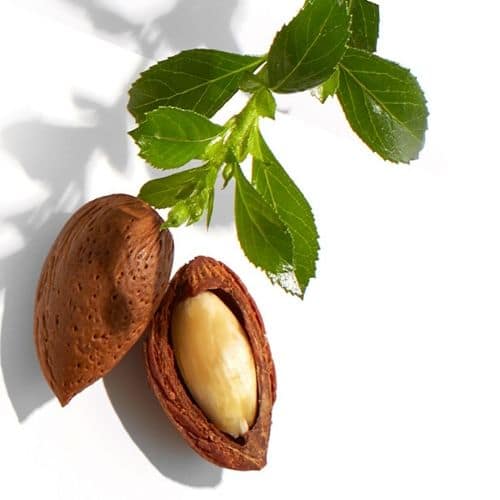
Sweet almond oil is another carrier oil. Great for all skin types, you can use sweet almond oil to dilute your essential oils and make them safe to apply to your skin.
Tamanu Oil
Tamanu oil comes from the seeds of the tamanu tree, an evergreen native to Southeast Asia. It’s common in skin care products because of its anti-aging properties. It may help your body produce collagen, which keeps your skin looking full and youthful.
Squalane
Squalane is a lot like your own face oil, which means it is a great choice for sensitive skin. It is highly emollient — or naturally softening — and has antioxidant properties.
Neem Oil
Neem oil is also known as margosa oil. It is a natural pesticide because of its antimicrobial properties, but it is also non-comedogenic. When you use it on your face, it supports your anti-aging skin care routine.
Common Comedogenic Oils
There are many common oils that are comedogenic. To help prevent breakouts and pimples, you should not use these oils on your face. They include:
- Coconut oil
- Olive oil
- Avocado oil
- Shea butter
- Soybean oil
- Cocoa butter
- Flaxseed
- Wheat germ oil
While some of these, like cocoa butter and shea butter, are great for your body because they help promote skin hydration, you should avoid using them on your face because they rate higher on the comedogenic scale and could make your skin break out.
How to Use Non-Comedogenic Oils in Your Skin Care Routine
There are many ways to use non-comedogenic oils in your skin care routine. You should base the method you choose on your skin type and your individual skin needs.
Cleansers
Some facial cleansers have non-comedogenic oils in them. These cleansers work by removing pollutants, dirt, and dead skin while helping your own skin keep its natural moisture barrier. The face oil in the cleanser helps strengthen your skin’s abilities to keep your face looking young and radiant.
Way of Will’s Natural Face Cleanser works for all skin types. Its antioxidant blend and gentle cleansing ingredients mean your face will be clean without being stripped of its natural oils. Plus, it supports your skin’s natural balance.
Face Oils
When you’re applying products after you’ve washed your face, you want to move from lightest to heaviest. Toners and serums are typically light, so you should use those first. Then use your moisturizer. Finally, follow up with face oils. Because even non-comedogenic oils are heavier than moisturizers, face oils can penetrate your moisturizer and help build your skin’s protective barrier.
Oily Skin
Oily skin needs moisture too. It just also needs help in balancing its own sebum, or oil production. Way of Will’s 14 Natural Face Oil contains antioxidants and jojoba oil to moisturize the skin while improving elasticity.
Dry Skin
Dry skin needs extra hydration, but you don’t want to look like you stuck your face in a vat of petroleum jelly either. Enter Way of Will’s 15 Natural Face Oil. The apricot kernel oil and rosehip oil deeply moisturize while vitamins A, B, C, and E help improve your skin’s texture.
Sensitive Skin
If you have sensitive skin, you are probably especially wary of adding new products to your routine. The special blend in Way of Will’s 10 Natural Face Oil was designed to provide intense hydration while packing in omega-6 fatty acids, so your skin feels soothed and protected.
Use Non-Comedogenic Oils in Your Everyday Skin Care Routine
No matter what type of skin you have — oily, dry, combination, or sensitive — there are facial oils that will help you improve the texture and appearance of your skin. Face oils, like Way of Will’s 10 Natural Face Oil, work with your skin by providing essential fatty acids and vitamins without causing blemishes.
They absorb quickly to let your own beautiful skin shine through. You can also buy with confidence knowing Way of Will’s products are cruelty-free. Try non-comedogenic face oils and see just how lovely your own skin can be.
